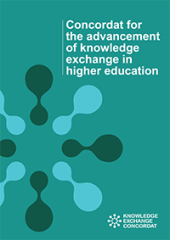Related
24 April 2020
Publications

24 April 2020
Publications
Stay up to date with our work
Our monthly updates are a great way for you to stay up to date with our work, events, and higher education news.
